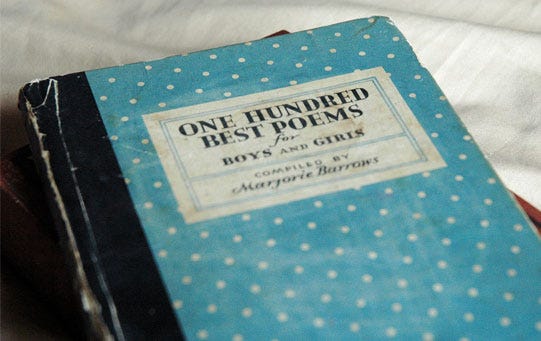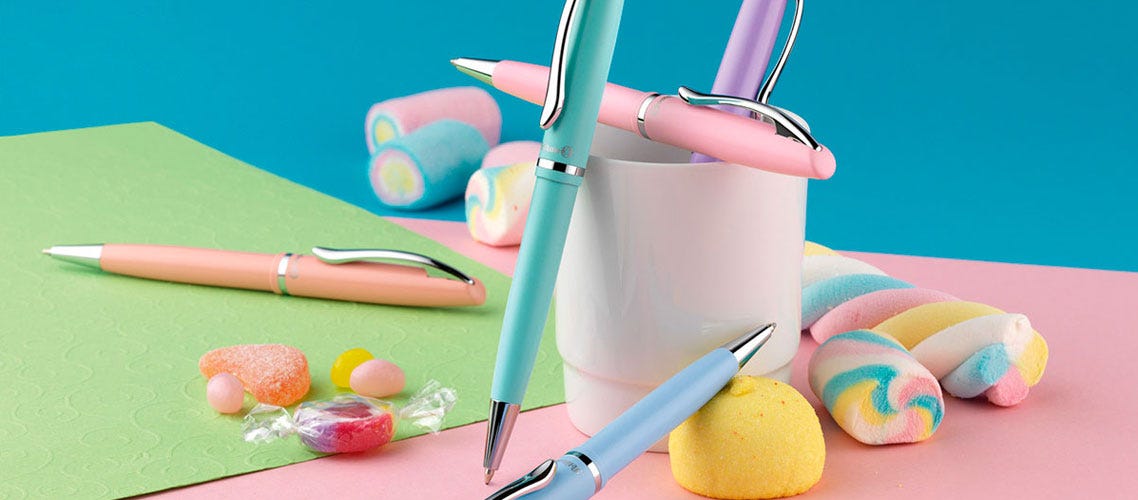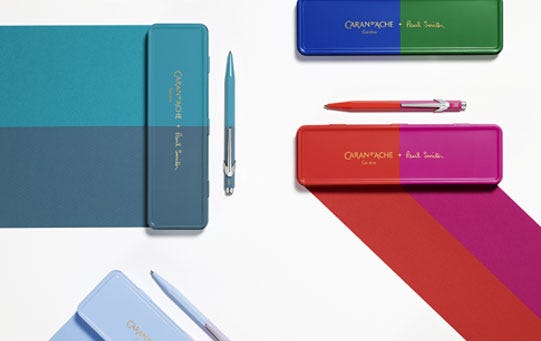A product has been added to the basket
The Power of Poetry

The Power of Poetry
At some point in our school days we all likely came across the famous words: “the pen is mightier than the sword.” But at what point in your life did you begin to actually stop and think about what this means? In a one-on-one combat situation, sure, we’re unlikely to reach for the Bic over the broadsword, but there is still wisdom in the old adage. Think about the ways in which the written word has impacted your life, even changed its course, or shaped the person you have become.

As we approach World Poetry Day on 21 March, we want to encourage everyone to reflect upon the power held in an average pen. The pen sits on most desks, in bags and pockets worldwide, a small instrument used for the most mundane of daily tasks, and often overlooked in the immense impact it has on the world we live in. Pen in hand, poets and their poetry have changed the world in a million ways, and will continue to change it in a million more.
Make History
As the dark and dreary winter of 20-21 begins to shrink into the distance, spring is announcing its cautious, optimistic return. The days are longer and brighter, and soon we might once again be able to see all our friends and family as we did before - up close and personal. With this in mind, perhaps now is the very best time to begin to commit your experiences from the past year to paper. From Siegfried Sassoon in the WWI trenches and WB Yeats’ reflections on the Easter Rising, to the likes of Maya Angelou and James Baldwin telling their stories from the Black civil rights movement, poetry has often been used to depict and examine important historical events. Reading these poems helps to shape and enhance our understanding of the past - who knows what we will learn from writings about the pandemic in the years to come?

Untangle Your Thoughts
As we’ve covered before with our #LoveYourLife campaign, writing - particularly by hand - can be a powerful tool for maintaining good mental health. When we’re stressed it can feel like our thoughts are all knotted and balled up inside our head, and it can be difficult to process our emotions. Writing things down is a great way to declutter your mind, and work through your thoughts and feelings in a more manageable way. The process of writing poetry only enhances the benefit, as you consider each thought from a multitude of different angles and perspectives, helping you to gain a deeper, more nuanced understanding of your own mind.
Uncover the Truth
In the late 1950s and early 60s, a style of poetry which became known as “Confessionalism” began to emerge in the United States. Writers such as Robert Lowell, Sylvia Plath and Anne Sexton began to use poetry as a way of exploring the depths of their inner selves, covering what at the time were still hugely taboo subjects such as sexuality and mental illness. Through their writing these authors found ways to explore and better understand their true selves, uncovering hidden truths that otherwise could have gone unexamined. Poetry can help us to cut away the noise and see the world as it truly is.

Express Real Beauty
One common struggle that many of history’s greatest poets have wrestled with: how can a writer even begin to accurately convey the infinite complexities of the human experience with words? In Shakespeare’s famous Sonnet 18 he tries to “compare thee to a summer’s day”, but finds the comparison inadequate. Yet although he could not find the words to truly express his subject’s beauty, he instead finds he is able to immortalise them through poetry - “So long as men can breathe or eyes can see/ So long lives this, and this gives life to thee.” Poems themselves are objects of beauty that can outlive and outline their original inspiration. What could you honour or commemorate through writing?
In acknowledging great poets and their works, we would be remiss were we not to also take a moment to acknowledge their pens of choice. Take a look below at some of our favourite writers, paired alongside some of their favourite writing tools.














Comments